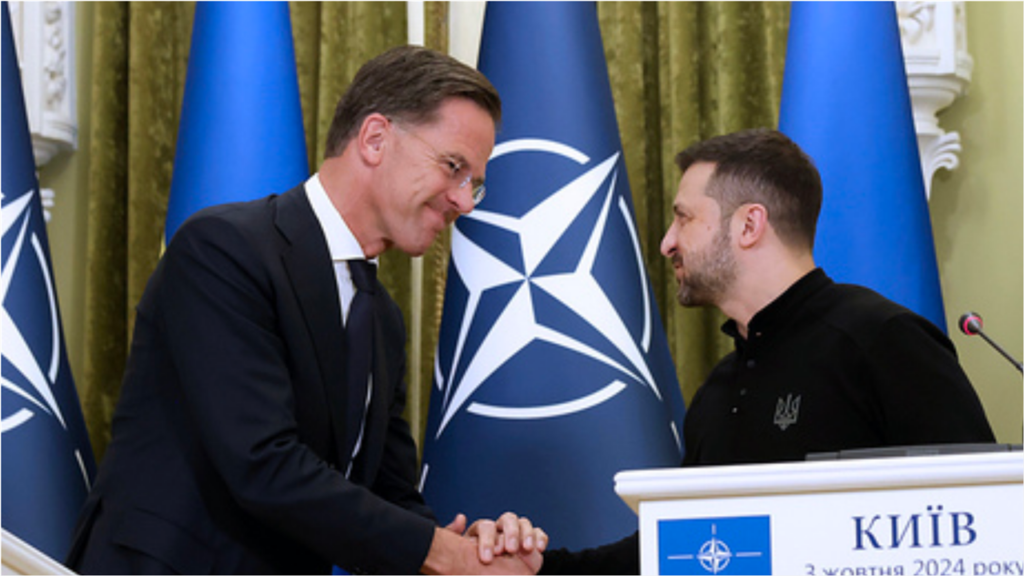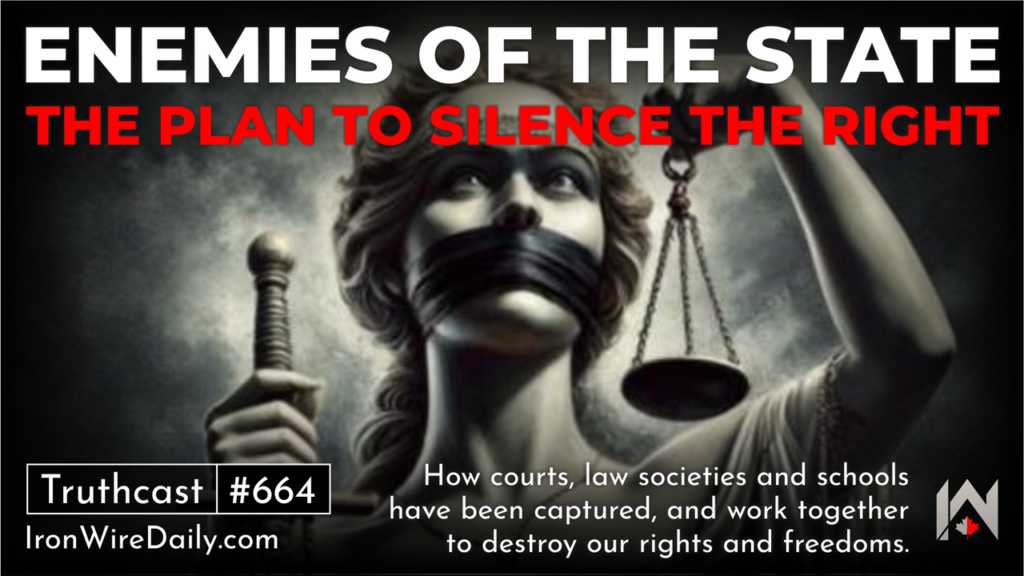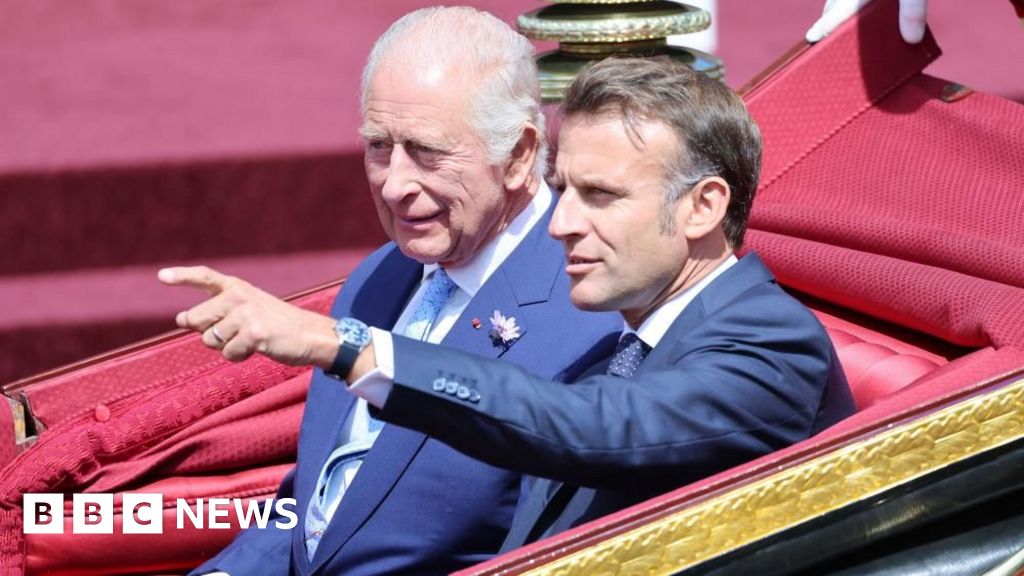Pope Leo XIV retreats to Castel Gandolfo to ponder change, write first encyclical – LifeSite

Tue Jul 8, 2025 – 9:05 am EDT
VATICAN CITY (LifeSiteNews) — As the first pope to use the summer residence of Castel Gandolfo since 2013, Leo XIV will use his time there to determine key appointments and reportedly to work on a new encyclical.
On Sunday afternoon, Pope Leo XIV arrived at the customary summer residence of the popes – Castel Gandolfo. Famously eschewed by Pope Francis during his 12-year papacy, the papal villas have in recent years been turned into museums where interested tourists can view the apostolic palace and gardens.
The new Pope will be there until July 20, and then return to the Vatican around the feast of the Assumption in early August. Officially his audiences are cancelled, although certain meetings will continue, just in a more unofficial capacity.
This quieter period will be crucial for Leo and serve as a chance to take stock of the whirlwind of the past two months, along with the opportunity to determine the future of his papacy.
As noted on LifeSiteNews, Leo asked the heads and secretaries of the various bodies of the Roman Curia to temporarily remain in place until further notice. In already noted by LifeSiteNews, any personnel changes the Pope might make were never to be expected until after the summer, and as such might well be decided during this period.
Speaking to Il Messaggero, the general prior of Leo’s Augustinian order – who is a close friend of the Pope – confirmed this suggestion.
“The appointments will come after the summer. This break will certainly help him weigh everything,” said Father Alejandro Moral.
But continuing, Moral alluded to an encyclical which Leo might write: “The time available will then be used to write the encyclical.”
Popes tend to issue their first major document early on in their papacy, which serves – among other things – as a way to highlight certain key priorities they wish to focus on during their reign.
The Augustinian’s prediction is echoed by well-sourced Vaticanist Nico Spuntoni. Writing in La Nuova Bussola Quotidiana and Il Tempo, Spuntoni reported the theme is suspected to be on the poor.
The text, he wrote, was prepared “in the previous pontificate,” which Spuntoni expanded meant a text prepared for Francis, but not by Leo, then-Cardinal Prevost. Despite not being something Leo himself had originally worked on, the topic “is close to his heart” and would serve as a straightforward and succinct way to enable him to publish an encyclical so soon.
Francis made the subject of the poor one of his central themes, alongside immigration, climate issues, and attacking “clericalism.”
Leo XIV has stated that his choice of regnal name was to harken back to the days of Pope Leo XIII. As the American Pope told cardinals shortly after his election:
There are different reasons for this, but mainly because Pope Leo XIII in his historic Encyclical Rerum Novarum addressed the social question in the context of the first great industrial revolution. In our own day, the Church offers to everyone the treasury of her social teaching in response to another industrial revolution and to developments in the field of artificial intelligence that pose new challenges for the defence of human dignity, justice and labour.
For Leo XIV to write a text dealing with the poor, it would be somewhat in line with certain aspects emphasized under Leo XIII’s papacy that he has identified as being still pivotal to this day.
Other issues remain paramount within the Church, however, especially the widespread moral confusion following Pope Francis and numerous aspects of his papacy. Speaking on the monthly webinar for the Confraternity of Our Lady of Fatima, Bishop Athanasius Schneider offered assessments of the new papacy and the issues which need to be addressed in the current pontificate.
The Kazakhstan bishop urged Leo XIV to address the moral crisis at the earliest opportunity:
Regarding the current situation of the Church, of the tremendous doctrinal confusion which reigns in the life of the Church which is so evident, therefore it would be most urgent act of the new Pope to issue a document or magisterial act – he can do this in various forms as an encyclical or apostolic exhortation or an even more solemn way – to clarify, rectify, those issues in doctrine and morals which were in the last decades and especially in the last pontificate undermined and disfigured, or sometimes even denied.
In many ways, the moral crisis is intimately linked to the appointments Leo might make in the Roman Curia. Several key officials have been the cause of widespread controversies in recent years, and whose continued presence beside the Pope would send a key message about his intentions. Certain of these figures include:
- Cardinal Fernàndez, prefect of the Dicastery for the Doctrine of the Faith, responsible for Fiducia Supplicans.
- Cardinal Roche, prefect of the Dicastery for Divine Worship, responsible for implementing the restrictions on the Latin Mass.
- Cardinal Parolin, Secretary of State, responsible for the disastrous Sino-Vatican deal.
Consequently the meetings Leo has during this period of summer rest will be key, as they might serve to inform his decisions not only about Vatican appointments but about the wider impact on the Catholic Church.










